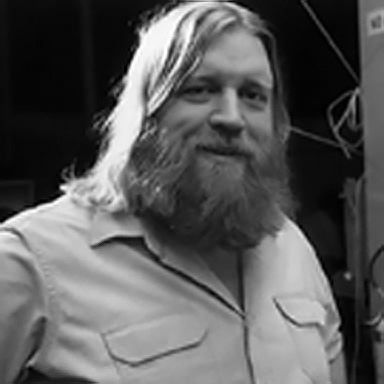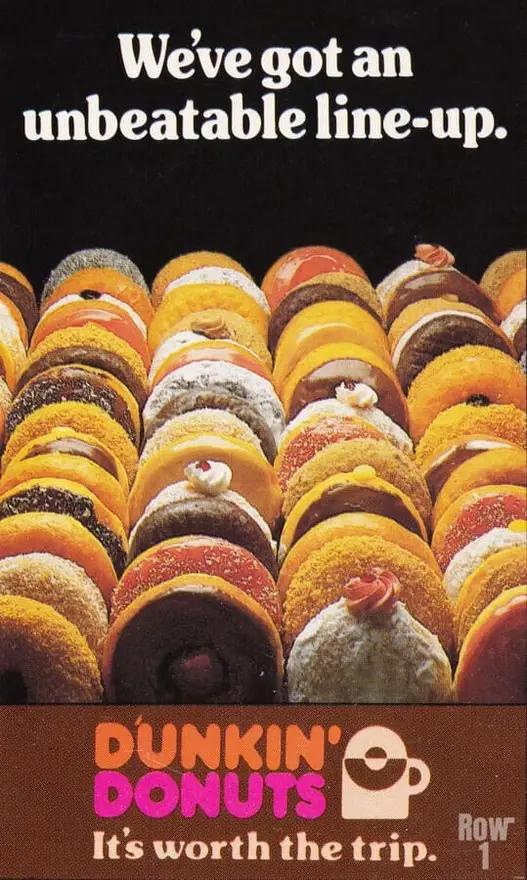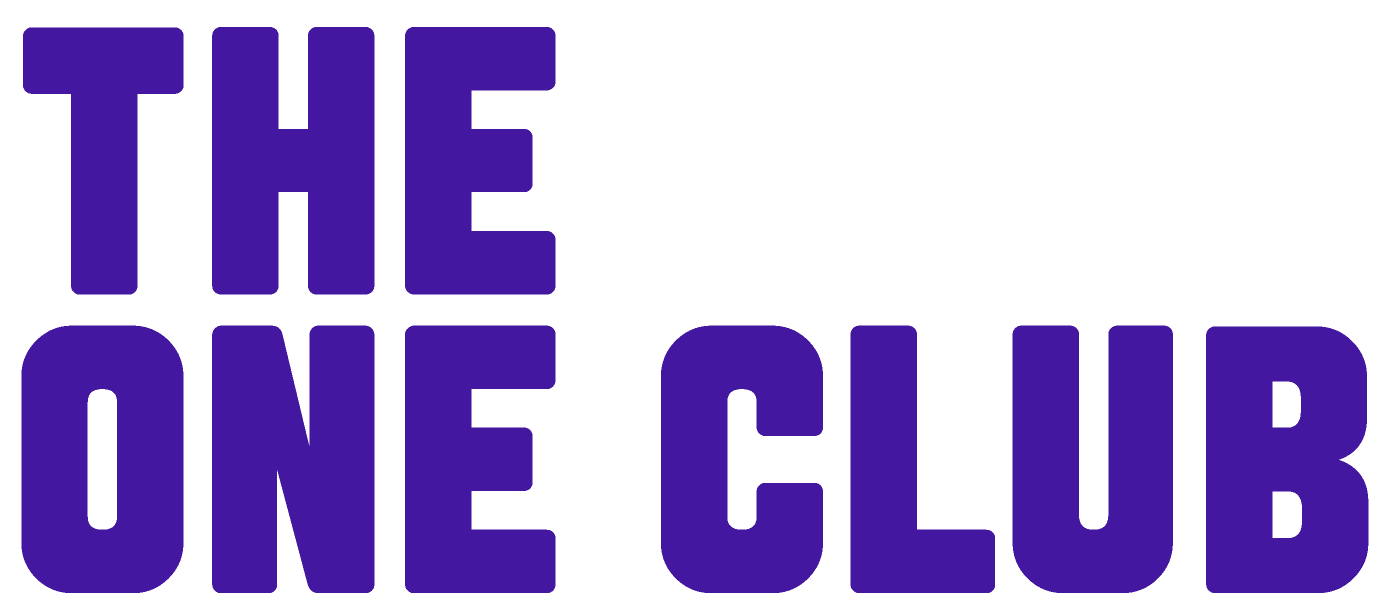Patrick Kelly
2004 Creative Hall of Fame Inductee
Advertising, Design, Illustration, Education
Kelly Tesch, born in Kansas and New York, became influential in advertising, creating iconic campaigns like Federal Express. They worked at Carl Ally, blending humor with marketing. Kelly also directed commercials and a film, while Tesch won numerous awards. Kelly passed away in 1994, leaving a lasting legacy.

Career
Kelly came from one of those states where the borders are straight lines and
anything crooked is out of place: Kansas, smack in the middle of everywhere.
Tesch was born on the coast in Far Rockaway past the last stop on the
A Train, underneath the landing patterns of Idlewild Airport-within the
borders of New York City, but only inches from dreaded suburbia.
Kelly went to Catholic grade schools, where he learned to be wildly creative
within the structure of The 10,000 Commandments; Tesch went to PS
Something or Other, at a time when New York City’s public schools had faculties
just a shade under that of Harvard and easily the equal of Brandeis or
Swarthmore. Kelly headed north to Chicago’s Leo Burnett for a short time, landed
in London during the ascendancy of Collet Dickenson and Pearce, bopped out
to San Francisco to earn a living with McCann-Erickson and play drums with the
Northern California Rock and Jazz Band, and fall under the gray influence of Howard Gossage; Tesch
went to Cooper Union, got hired by a graphic design firm, conjured up book jackets for a living, and in
his spare time scribbled ad ideas in a notebook. Kelly was brought into Carl Ally Incorporated by Amil
Gargano in an act of bravery.
Instead of hiring one of the assorted hacks who could do the liquor dance for the 1970s version of George
Washington Hill at Kobrand Importers, Gargano chose Kelly’s talent and uncompromising attitude, which
blended in well with the asocial 11th floor of 437 Madison Avenue; Tesch had come to Carl Ally already,
having converted his notebook etchings into a job as an advertising art director. A typical greeting to new
employees was: “You guys shoulda been here in the 60s. Those were The Days.” This he said despite the
fact that all his great days were ahead of him.

The third part of the team (Federal Express ad director Vince
Fagan and founder Fred Smith, with their $150,000 budget and nine Falcon jets) chose Carl Ally over
J. Walter Thompson in a hard-fought pitch probably won by Carl because in a pinch he could fly one
of their planes and J. Walter Thompson, for all his 100 years in business, couldn’t. “There will never
be another advertising campaign like Kelly and Tesch’s Federal Express,” someone (well, me, actually)
once said. That assessment becomes clear immediately. Humor loses its edge when the poolout people
start refining and “taking it further.” The Federal Express account had no poolout people: Kelly and Tesch
did it all, save the initial year it was art directed by George Euringer.
The campaign ran into 1986 in the same form it took in 1977. It introduced a valuable new idea (overnight
package shipping) that challenged an entrenched, tired industry leader. It later introduced another new idea
(overnight letters) that challenged an entrenched, tired monopoly. Most important, it introduced comedy of
a higher order into the low comedy of prime-time television of the era. It was comedy that exposed the angst,
the sycophancy, the double-dealing, the ass-covering, the self-promotion, the credit-grabbing, the phoniness,
the sleazemeistering of business etiquette-all the while elevating the person in any organization who
accomplishes something real without pausing for posturing, prancing, and/or back-patting. Sedelmaier’s
directing style went national with the Federal campaign; before then, his style was a Chicago phenomenon.
In the last years of the campaign, Kelly directed the stuff and launched a new career as a commercial
director.
Kelly and Tesch worked well with others, too. Kelly did “It’s Worth the Trip” for Dunkin’ Donuts
with Euringer. He did a Japan campaign about Pentax and an Italy campaign about Fiat with Vetere,
along with a Vetere-Sedelmaier riff with malevolent litigious grandmothers to launch Dunkin’
Donuts’ muffins; Tesch worked also with Curvin O’Rielly (SAAB), Ed Butler (Travelers), Jim Parry
and Ed McCabe (Hertz), me (Barney’s and Pan Am), and just about every copywriter who
punched a clock at Carl Ally and later Ally & Gargano and then Ally & Gargano MCA and finally
Gargano & Partners.
Kelly moonlighted at Saturday Night Live for a while, long enough to produce a “Work Time” parody,
in which “Miller Time” is reversed: First you have your beer, then you go to your job as a fork lift
operator or a train conductor sloshed beyond even the limits of, say, an advertising space
salesman of the 70s.
He also directed a feature film, Beer, which is worth renting for a glimpse of Kelly’s view of the advertising
business and microeconomics. Tesch stayed close to the ad business: For a period, he had streaks
that exceeded those of the 1950s Yankees. Tesch won Gold in the One Show’s :30 Campaign category
(the hardest award to win in the U.S. at the time and maybe still is) six out of seven years; Tesch
(with Kelly) won One Show Gold for the :10 spot seven out of eight years. Kelly believed that “every
marketing problem has the same solution: Do a great commercial.” He lived for the laugh, and most
of the time his great commercials made you laugh. He was also the fastest touch typist outside the
Office of the Future Typing Pool. There was a time when you could walk past his office at 437
Madison and hear through the open door a steady rat-a-tat-tat on the Remington and the sounds of
paper coming in and out of the roller. It would make you smile. Patrick Kelly left us on August 29, 1994.
We’ve been smiling a hell of a lot less since.
Tom Messner
